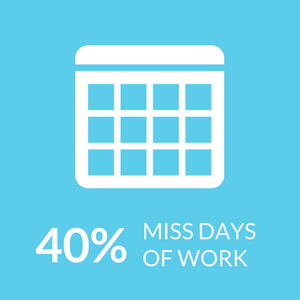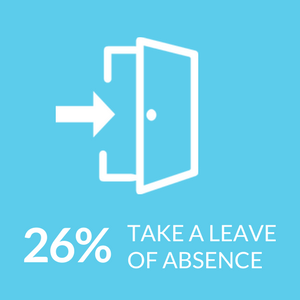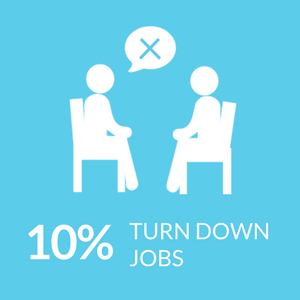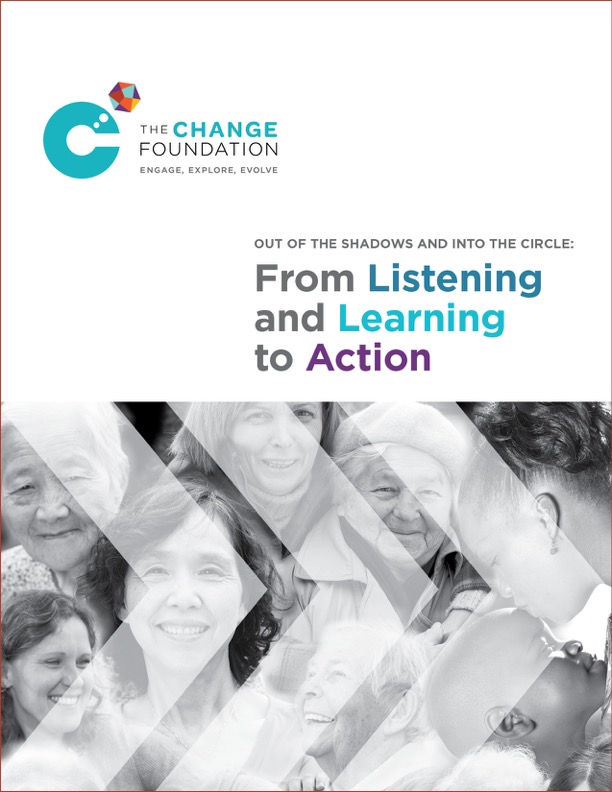




In fact, the financial value that caregivers contribute each year on behalf of our country is astounding. One admittedly conservative estimate puts the economic contribution of unpaid caregivers to older adults at $25 to $26 billion annually for the Canadian health care system, which would otherwise have to provide the care these individuals lovingly provide each and every day. Indeed, while some policy makers in the past have worried that the provision of more home care would see less of us choosing to care for a loved one, the reality is that over 98 per cent of Canadians receiving home care are also receiving care from an unpaid caregiver. In fact, unpaid caregivers contribute to more than 70 per cent of their family member’s total caregiving needs.
The reality is that many Canadians who become caregivers to their parents or older individuals also become caregivers suddenly and often without appropriate preparation, training or the experiences of having seen their own parents fill the same role given our rapidly changing demographics. Furthermore, the fastest-growing group of caregivers is made up of those supporting their friends and neighbours, often in cases where family caregivers are not close at hand or available. Given the essential role all caregivers play in the health care teams of older adults, and the increasingly important role they will play as our ageing population grows, it’s important to support all caregivers to be able to effectively provide care to their older loved ones.
Indeed, Ontario’s The Change Foundation, which has now made caregiver issues their primary area of focus, says one of the ways caregivers ask to be supported is through appropriate training to give them the skills and tools they will and do need to care and advocate for their loved ones, as well as to help them navigate our often complex and byzantine health care system.
For our part, Sinai Health System has made providing support, training and education to caregivers so they can be more confident in providing the care that their ageing loved ones need a focus of its work as well. In particular, through its Cyril & Dorothy, Joel & Jill Reitman Centre for Alzheimer’s Support and Training’s CARERS Program, it provides family caregivers of persons living with dementia with support through a series of 10 evidence-informed skills-based group training sessions.
Through this innovative training program, caregivers gain practical skills to improve their communication and coping skills as well as specific training to manage dementia-related behaviours through guidance and coaching from expert clinical staff. As a result of the program, caregivers who participate often feel less isolated and better able to provide the care their loved ones need to remain independent at home and in the community for longer. As a result, our team often recommends this program to the caregivers of our patients.
In fact, caregiver support is integrated across many of our Sinai Health System programs, from the hospital-based care to the outpatient and community support services we provide. Circle of Care, Sinai Health System’s home health care and community support service agency, leads Family Caregiver Connections, a network of seven Jewish community agencies committed to delivering a collaborative approach to supporting caregivers. Caregivers in this program further benefit from family support groups, education sessions, and limited free respite care and transportation services. The program can also connect caregivers with other supports from Circle of Care, such as day programs, Holocaust Survivors services and volunteer services.
Our Sinai Health System partners are also working to improve our information resources to allow our patients and their caregivers to better understand and address health care and access to care issues with a more proactive approach. Through our Older Persons Education and Navigation Strategy (OPENS), we have started to release a useful information series accessible in print, electronic and web-based formats that have been developed in partnership with patients and caregivers, to provide them with the information they need, when they need it.
Indeed, by recognizing that caregivers are a rapidly growing segment of our population who not only provide care but also need our care as well, we can better support healthy ageing across generations. With the support and education from organizations like ours and others, caregivers should become increasingly confident that they can have the skills and tools they need to provide the right care in the right place at the right time to their older loved ones.
Date modified: 2017-03-13


